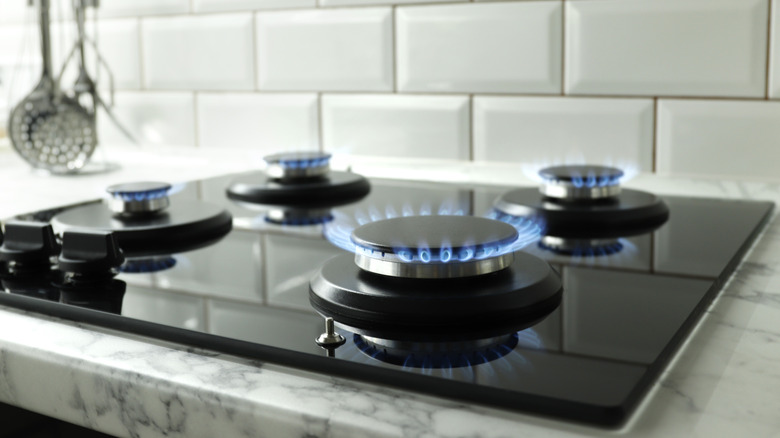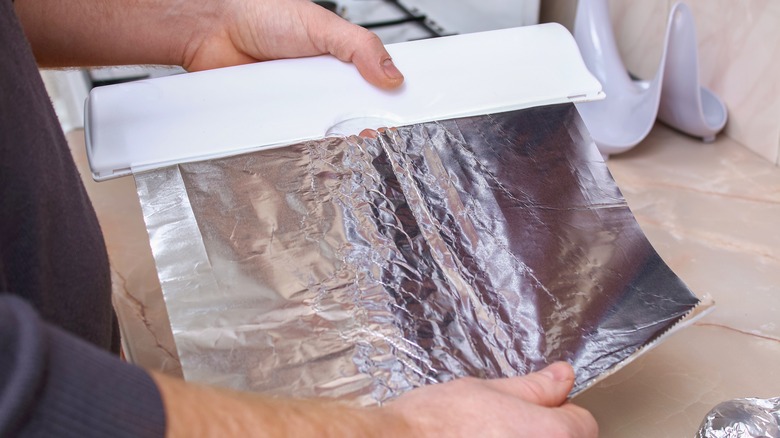Is It Safe To Use Aluminum Foil To Line Your Stovetop?
The kitchen, often described as the heart of the home, is where culinary magic happens as loved ones gather to share meals. Yet, striking a balance between cleanliness and safety in this important space is vital, and sometimes, well-intentioned practices might unknowingly put you at risk. One strategy that has generated considerable debate is lining the stovetop with aluminum foil, a habit often adopted to facilitate easy cleaning. However, is aluminum foil safe when used this way?
Understanding the implications of lining a stovetop with aluminum foil is crucial for ensuring a healthy and safe kitchen environment. Several concerns are linked to using aluminum foil, especially when it's exposed to heat, as on a stovetop. The issues primarily revolve around the potential leaching of aluminum into food, fire safety, and the durability of foil under high-heat conditions. It's crucial to fully explore the details of these concerns to make informed decisions about kitchen health and safety practices.
Should you put aluminum foil on your stovetop?
Using aluminum foil to line your cooktop, regardless of the type of stove, poses several safety risks and is not recommended. For electric coil cooktops, aluminum foil can trap heat or melt, damaging the stove and creating a shock or fire hazard. Similarly, using aluminum foil near the burner on electric radiant cooktops could cause it to fuse to the glass surface, an irreversible situation.
Gas ovens pose even greater hazards. Covering slots, holes, passageways in a gas oven, or an entire oven rack in aluminum foil obstructs the airflow, potentially leading to carbon monoxide poisoning, per GE Appliances. It also traps heat, creating an additional fire risk. Aluminum foil should never be used to line any part of gas cooktops, either. This could also increase carbon monoxide poisoning levels, cause overheating of cooktop surfaces, or create fire hazards. So for maximum safety, it's wise not to line it at all with aluminum foil while cooking.
Why it is unsafe to line your stovetop with aluminum foil
Lining your stovetop with aluminum foil is considered unsafe due to multiple reasons. One primary concern is the potential for aluminum leaching. When cooking, aluminum foil can transfer small quantities of aluminum into your food, especially under high heat or with acidic foods, salt, and spices. However, the quantities are generally small and not considered harmful (via Food Network).
Another significant risk associated with aluminum foil on the stovetop is the danger of fire. Aluminum foil isn't built to resist high temperatures and can present a fire hazard when used on stovetops or near flames. The foil can trap and accumulate heat, potentially triggering a fire. Using materials specifically designed for stovetop use, like stove burner covers, is crucial to avoid such hazards. Additionally, aluminum foil's strength and durability are insufficient to withstand high-heat and greasy conditions near an open flame. The foil can easily tear or melt, escalating the chance of accidents or damage to the stovetop.

